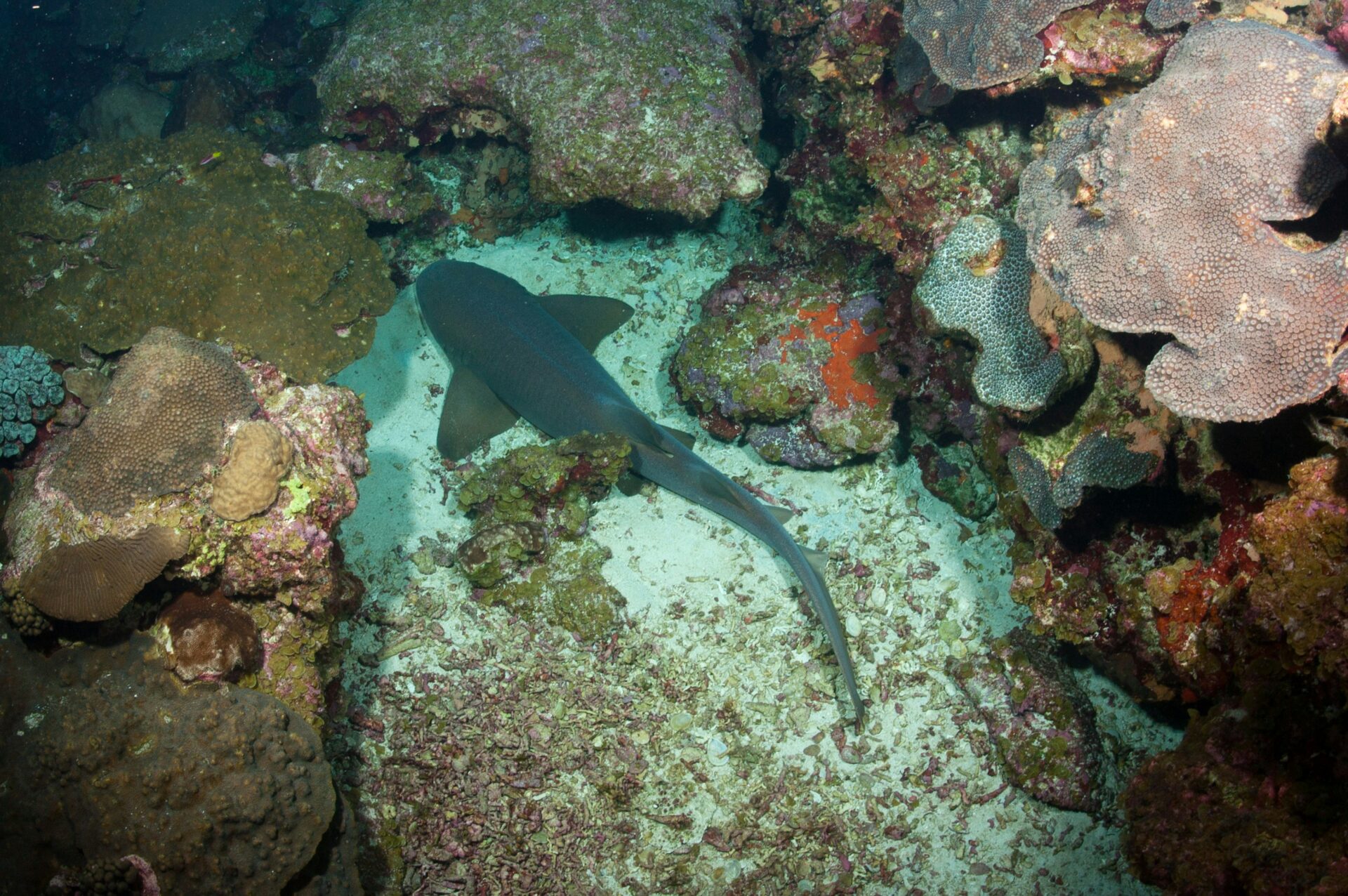
Shark Populations Threatened by Commercial Fishing
Shark species are under threat due to fishing, according to a recent study published in the journal Science. Using data collected globally between 2012 and 2019, researchers estimate that nearly 80 million sharks are killed by humans a year. Of that number, 25 million are thought to be threatened species.
Dr Leonardo Guida is a marine biologist with the Australian Marine Conservation Society. He has spent the past six years leading their shark conservation projects. Dr Guida has a PhD in marine biology from Monash University, where he studied the effects of commercial fishing on shark and ray populations, and how the stress from fishing can affect their population and reproduction.
“Fishing is the single biggest challenge the sharks and rays face across the world.”
“In and amongst that you [also] have habitat destruction. So whether that’s through coastal areas being developed for housing or industry, and you also have habitat destruction in the form of climate change.”
“Particularly the Great Barrier Reef where you’ve got corals that are bleaching. But by and large, without a doubt, unequivocally, fishing is their single greatest threat, and that’s predominantly from commercial fishing.”
Though many people have a fearsome image of sharks, Dr Guida assures us that they are highly intelligent creatures, and not entirely deserving of their reputation.
“It’s a shame that they do have that that bad rep because a lot of them are in trouble. So we need to encourage a bit more awareness of not just sharks and rays, but a bit more connection to them as well.”
“They’re incredibly intelligent. They’re not a cold, dumb, unknowing fish. They are fish, but they’re incredibly intelligent, and we’re only really sort of scratching the surface on their level of intelligence.”
Apex predators of the ocean, sharks are considered to be a keystone species. Without them, the delicate balance of the food web can be disturbed, with catastrophic results. Dr Guida describes this potential as “devastating.”
“Sharks generally occupy the top of the food web. And as such, they keep everything else in check and in balance. And if you take too many sharks out of that role, food webs risk becoming unstable. And that instability can ultimately cause collapse, which then ultimately affects the seafood that lands on your plate. So there’s a lot of flow on effects there.”
“And the reality is, a healthy ocean needs its sharks. It’s that simple.”
If you’d like to get involved and learn more about shark conservation, check out the Australian Marine Conservation Society and Shark Champions.


